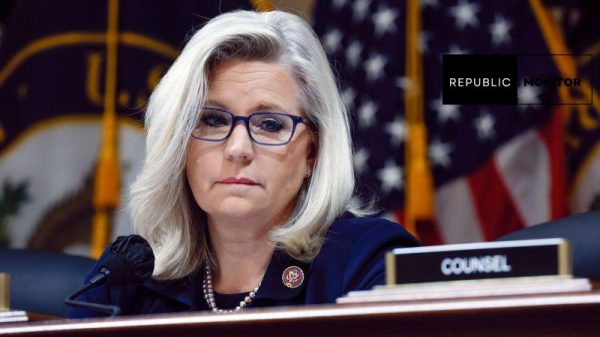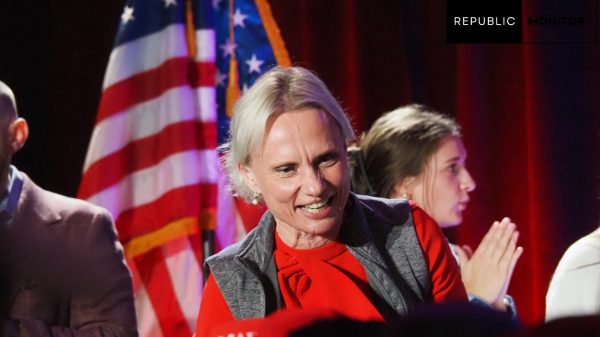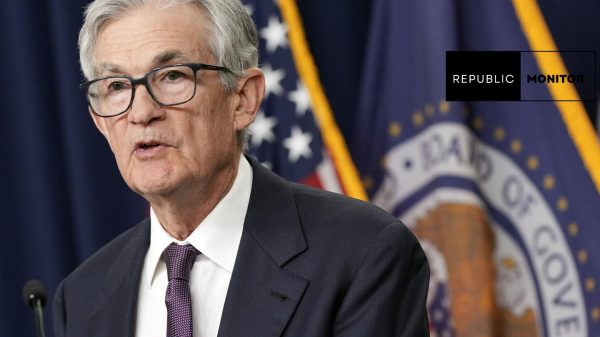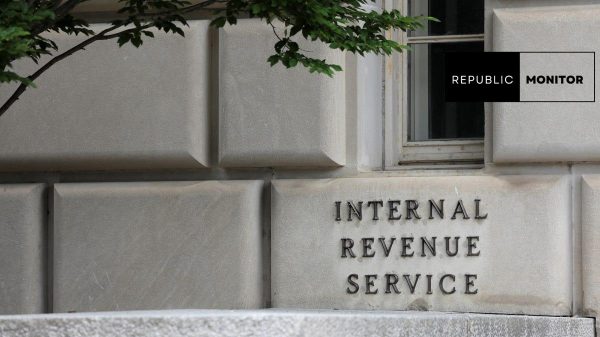In the year following the Supreme Court’s decision to curtail the national right to abortion, a concerning trend has emerged in state legislation. Eighteen states have implemented abortion bans explicitly excluding mental health or suicidality as qualifying exceptions, sparking debates around women’s health, reproductive rights, and the intersection of mental and physical well-being.

“State Abortion Laws Draw Controversy as Mental Health Exceptions Disappear”
Background: Since the landmark June 2022 Dobbs v. Jackson Women’s Health Organization decision, which dealt a blow to federal abortion rights, states have been crafting and implementing their own abortion laws. Notably, some states are specifying that mental health conditions or suicidality will not be considered valid reasons for seeking an abortion.
Mental Health Challenges: Suicide is a leading cause of death among women of reproductive age, and nearly 23 percent of pregnancy-related deaths are attributed to mental health conditions, according to the Centers for Disease Control and Prevention. Despite the acknowledgment of the risks associated with mental health conditions, some states are increasingly disqualifying mental health from being a valid reason for seeking an abortion.
Legal Confusion and Provider Anxiety: The lack of uniformity in defining a “medical emergency” has led to confusion, particularly among medical providers. The gray area surrounding what constitutes a medical emergency, especially concerning mental health, has created anxiety among healthcare professionals who fear potential prosecution for navigating unclear legal frameworks.
Legislative Trends and Exception Exclusions: Despite a broader bipartisan acceptance of policies related to mental health, some state laws disqualify mental health conditions from being considered a medical emergency, with Tennessee explicitly excluding “psychological or emotional conditions.” Critics argue that such exclusions hinder women from accessing necessary reproductive healthcare while contributing to the stigma surrounding mental health.
National Right to Life Committee Influence: The roots of this trend can be traced back to a federal push in 2005-06 to limit non-custodial adults from aiding minors in seeking abortions across state lines. Over the years, federal lawmakers have introduced bills clarifying that exemptions to abortion restrictions do not include “psychological or emotional conditions.” The National Right to Life Committee has played a role in crafting model bills that emphasize these exclusions.
Limited Exceptions and Emerging Patterns: An analysis of state laws shows that some states have narrowed their exceptions, with two states excluding only suicidal risk, nine considering only mental health ineligible, and seven disqualifying both mental health and suicidal risk as valid reasons for seeking an abortion. The trend has intensified post the Dobbs decision, allowing states to enforce stricter bans with limited exceptions.
Conclusion: The evolving landscape of state abortion laws, particularly those excluding mental health exceptions, raises concerns about women’s access to comprehensive healthcare. As legal frameworks continue to shift, there is a pressing need for clarity, compassion, and a nuanced understanding of the complex intersection of reproductive rights and mental health.
















